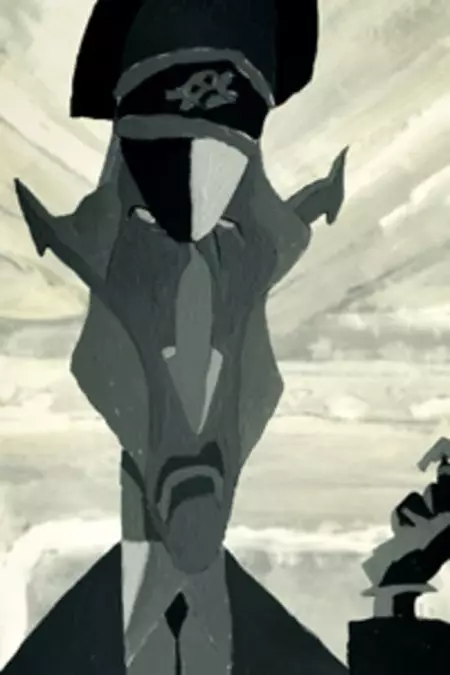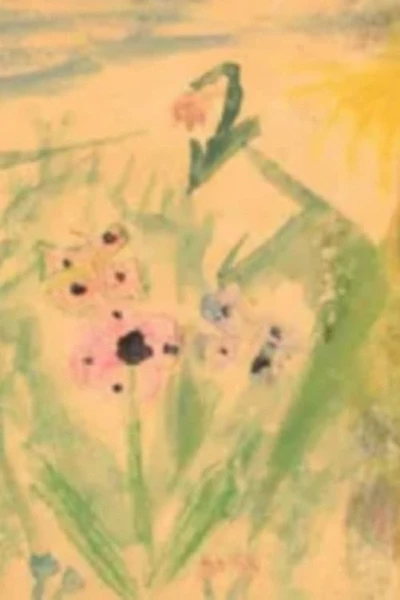Biography
(No Information)
Filmography
all 2
Movies 2
Information
Known ForWriting
GenderMale
Birthday1900-08-06
Deathday1959-12-13 (59 years old)
Birth PlacePraskolesy, Czech Republic
CitizenshipsCzechoslovakia
AwardsOrder of Tomáš Garrigue Masaryk, class III
This article uses material from Wikipedia.
Last updated:
 Jiří Weil
Jiří Weil- Filmography
- Information

